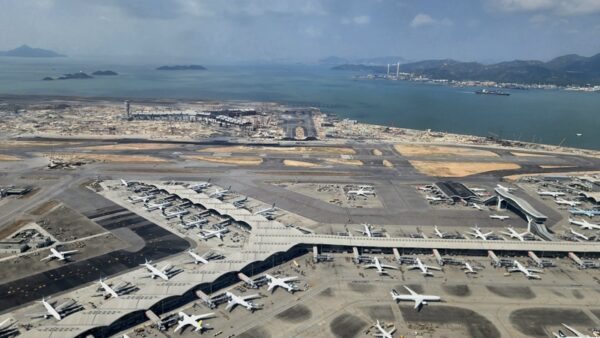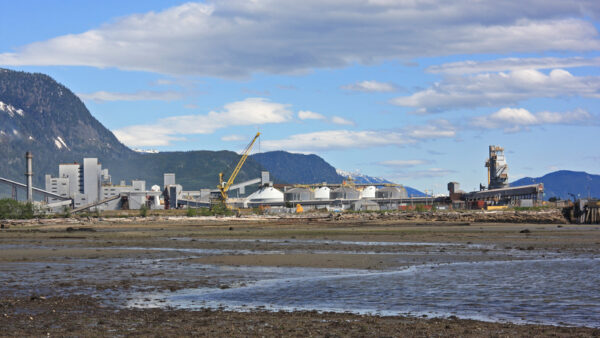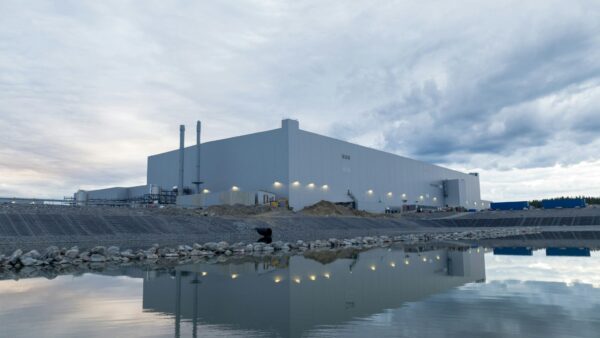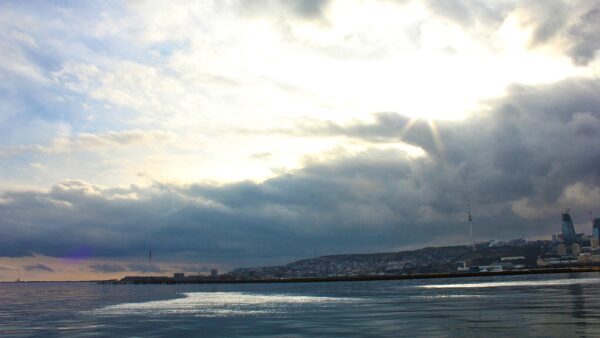European Commission (EC) President Jean-Claude Juncker today announced a €315bn ($393bn) investment plan to kick-start Europe’s stagnant economy with major infrastructure projects.
Energy, transport and broadband schemes are at the heart of his three-year vision, which the EC says would create up to 1.3 million new jobs.
Only €21bn would come from the EC, however. Juncker’s plan relies on the private sector weighing in to multiply the EC “seed money” by 15, to €315bn.
Critics were quick to ridicule the idea. One compared it to the miracle of the loaves and fishes.
“Europe needs a kick-start and today we are supplying the jump cables,” said Juncker (pictured above).
“If Europe invests more, Europe will be more prosperous and create more jobs – it’s as simple as that. The Investment Plan we are putting forward today in close partnership with the European Investment Bank is an ambitious and new way of boosting investment without creating new debt.
“Now is the time to invest in our future, in key strategic areas for Europe, such as energy, transport, broadband, education, research and innovation. I am now counting on the European Parliament and on Member States to pitch in and do their part to get the new European Fund for Strategic Investments up and running as soon as possible.”
The announcement comes a day after Pope Francis compared Europe to a grandmother in his first address to the European Parliament in Strasbourg. It was viewed as “somewhat elderly and haggard”, he said.
The EC’s most recent forecasts showed that weak investment has led to a fragile recovery from the economic crisis in the EU. While GDP and private consumption in the second quarter of 2014 were roughly the same as in 2007, investment was about 15% below 2007 figures. The decline was even worse in Portugal, Greece, Italy, Ireland and Spain.
Pouring scorn on the plan immediately was Bernadette Ségol, General Secretary of the European Trade Union Confederation (ETUC), who said getting €315bn from €21bn would be like Jesus’s miracle with the loaves and fishes.
“I salute any attempt to increase investment which would bring jobs, but I do not believe Mr Juncker can raise €315bn from €21bn,” she said. “The European Commission seems to be relying on a financial miracle like the loaves and fishes.”
She said the European governments themselves had to invest more: “Raising €315bn would be quite a feat, but would fill less than 40% of the annual investment shortfall since the crisis. I am not holding my breath for a major impact on growth or unemployment. A lot more will be needed to get Europe’s economy moving. I urge European Governments to boost the investment effort.”
Professor Charles Wyplosz, from Geneva University, was equally scathing: “The money is chicken feed and it won’t do anything to kick-start growth,” he said in an interview with UK newspaper, The Telegraph. “It is unbelievable they are doing this rather than real fiscal expansion. The private sector will just take governments to the cleaners.
“This is really an excuse to pretend they are they doing something while the austerity is still going on. It will take too long to work and there will be a big fight over the projects as every country tries to get a share of the cake.”
But European Investment Bank President Werner Hoyer insisted it would work.
“We have ample liquidity in Europe, but we don’t have enough investments,” he said. “We are faced with a crisis of confidence, so the challenge is to re-connect private investment with attractive projects.
“To achieve this, we need to take on more risk to encourage project promoters to launch their investments.”










